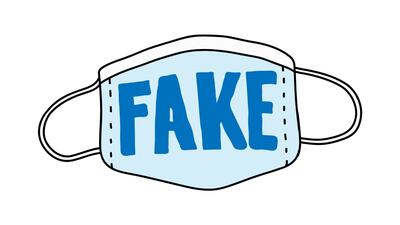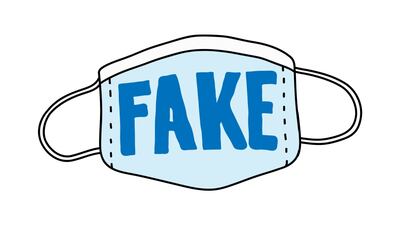Standards
A new reference in the document reminds the medtech sector that EU harmonized standards remain voluntary to encourage innovation.
Andrew Trister, Verily’s chief medical and scientific officer, discusses Verily’s newly launched Lightpath Metabolic solution, featuring GLP-1 prescription, AI and strengthened clinical support. Plus, the Google health tech spinout's plans for the Study Watch, the Alzheimer’s research landscape, and AI development and regulation in a new era of uncertainty.
Andrew Trister, Verily’s chief medical and scientific officer, spoke with Medtech Insight at the HLTH Europe conference about Verily’s newly launched Lightpath Metabolic solution, featuring GLP-1 prescription, AI and strengthened clinical support. Trister also talked about plans for the Study Watch and offered views on the Alzheimer’s research landscape and AI development and regulation in a new era of uncertainty.
A new round of tariffs imposed by the Biden administration on various Chinese goods, including medical devices, points to a broader shift in US strategy for strengthening supply chains and ensuring Americans have reliable access to safe products, according to analysts who spoke to Medtech Insight about the tariffs. While fueled by the pandemic, the momentum pushing this change in trade policy has been growing for some time.
The US FDA has issued a final rule allowing the agency to destroy some medical devices that have been refused entry into the US. The rule takes effect 1 July.
The US FDA has issued a final rule allowing the agency to destroy some medical devices that have been refused entry into the US. The rule takes effect 1 July.
The US FDA's controversial final rule places laboratory developed tests under same regulatory purview as other in vitro diagnostics. While the agency opted to include an exemption for LDTs already on the market, it did not provide an exemption for tests developed in academic medical centers.
After much anticipation, the US FDA is set to publish its controversial final rule for regulating laboratory developed tests, which places the tests under the same regulatory purview as other in vitro diagnostics. While the agency opted to include an exemption for LDTs already on the market, it did not provide an exemption for tests developed in academic medical centers.
The US FDA’s device center has unveiled a new public dataset designed to assist chemistry laboratories in ensuring the robustness of chemical characterization methods used to assess the biocompatibility of medical devices.
A consent decree agreed to in January between Royal Philips and the US government is now official. The decree stems from a recall in 2021 of millions of the company’s sleep therapy and breathing devices due to risks posed by the sound abatement foam inside the machines.
With the EU AI Act close to being finally adopted, industry is now calling for guidance and clarification to prevent the new legal text complicating the regulation of medical devices and diagnostics and putting obstacles in the way of patient access to innovation.
Two new sets of standards have been officially recognized under the MDR and one under the IVDR. But progress is slow, and the numbers of standards updated remains exceptionally low nearly seven years after the regulations were adopted.
The costs of purchasing European standards and their updates have been borne by manufacturers for many decades, irrespective of their size or turnover. Now that will change.
The US FDA has completed the final rule that will harmonize its decades-old quality system regulations with international standards. The new Quality Management System Regulation aims to reduce the regulatory burden on device makers by linking domestic and international requirements.
The FDA has revised draft guidance issued in 2022 on how the agency plans to continue using remote technology to assess regulated facilities. The FDA established remote assessments in early 2021 to keep up its regulatory obligations during the COVID-19 pandemic.
Reporting requirements in the EU, California, and likely soon at the US Securities and Exchange Commission will have companies probing deeper in their value chains for sustainability information and attempting to calculate Scope 3 greenhouse gas emissions with limited resources, potentially with unfavorable implications for smaller businesses, industry advocates say.
As the US FDA works to finalize new regulation of lab-developed tests, it must consider more than two thousand comments that have poured into the agency since the proposed rule was published in October. The comment period closes Monday.
Three years after joining, the US FDA announced its withdrawal from the Global Harmonization Working Party and intention to focus its work on medical device harmonization through its collaboration with the International Medical Device Regulators Forum.
First Lady Jill Biden leads White House effort to find ways for federal government to boost women’s health. First-of-its-kind initiative will focus on enhancing research into women’s health issues.
The Biden administration has asked Jill Biden to spearhead a White House effort to find new ways for the federal government to boost women’s health. The first-of-its-kind initiative will focus on enhancing research into women’s health issues.
ADVERTISEMENT



















